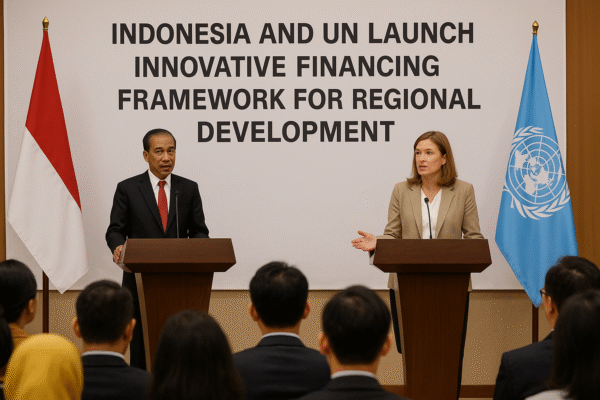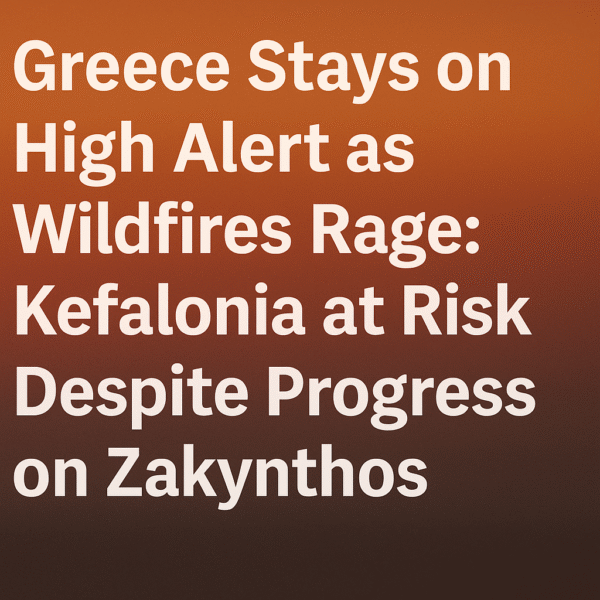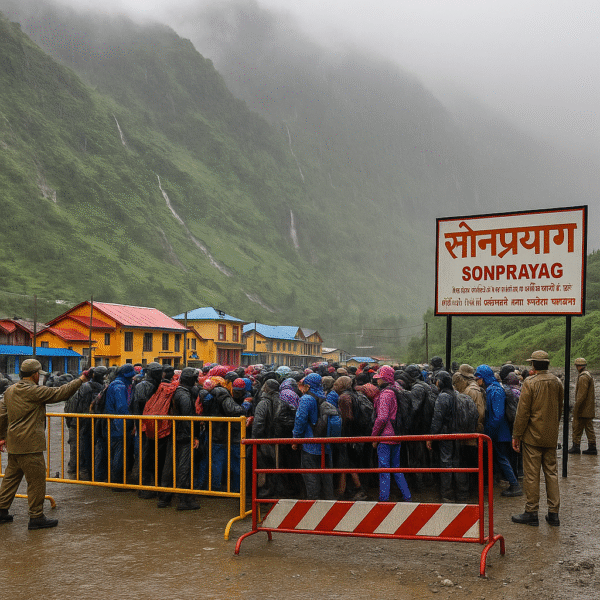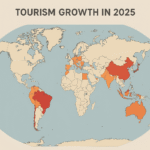Across southern Europe, residents are voicing their dissatisfaction with the disruptive impact of mass tourism. In Barcelona, protest signs boldly read, “Tourism steals our bread, our roof, and our future,” symbolizing the deep economic and social strain communities are experiencing. Palma saw demonstrators marching through tourist-heavy areas, even playfully engaging visitors with water pistols to raise awareness of overtourism’s consequences. Meanwhile, Venice saw a symbolic protest unfold during a high-profile event, with banners condemning overcrowding draped over iconic sites like the Rialto Bridge.
The root of the frustration lies in the transformation of once-vibrant local neighborhoods into tourist-centric zones, often leading to inflated housing costs and displacement of residents. As Hans-Christian Rößler highlighted in his recent reporting for Frankfurter Allgemeine Zeitung, cities such as Lisbon and Barcelona are confronting skyrocketing rents and a homogenization of culture, with traditional cafés replaced by souvenir shops and fast food outlets. Platforms like Airbnb have been heavily criticized for contributing to the shortage of affordable, long-term rentals as properties are increasingly converted into short-term tourist accommodations.
Airbnb and Regulatory Responses
While Airbnb maintains that hotels contribute more to overtourism, cities like Barcelona and Madrid are taking decisive action to limit short-term rentals. Barcelona has halved its Airbnb listings over the last three years through stricter regulations and plans to phase out around 10,000 licensed holiday homes by the end of 2028. Madrid recently ordered Airbnb to delist tens of thousands of non-compliant properties, a ruling upheld by Spanish courts.
Despite these measures, the core problem stems from the exponential rise in travel demand. Juan Cierco, writing for El Periódico in Barcelona, asserts that accommodation supply is simply responding to unprecedented numbers of tourists arriving via cruise ships and budget airlines, with cities like Barcelona and Lisbon bearing the brunt of the surge.
Economic Significance and the Balancing Act
Spain, the world’s second-most visited country in 2024 with 94 million tourists, heavily relies on tourism, which accounts for over 12% of its GDP. The government thus faces a difficult balancing act: supporting a vital economic pillar while mitigating overtourism’s damaging effects. Increasing tourist taxes, enforcing visitor caps, and promoting sustainable tourism are being discussed, but these steps must be carefully calibrated to avoid deterring travelers and harming the economy.
Who Holds Responsibility?
While authorities implement regulations, many experts argue that travelers themselves bear responsibility. Chris Christou, host of the podcast The End of Tourism, urges tourists to reconsider visiting overcrowded destinations excessively. He calls for a more conscientious approach to travel, advocating for exploring less crowded, emerging locations to alleviate pressure on vulnerable cities.
A Complex Challenge, Not Just a Crisis
Overtourism is often framed as a crisis, but it can also be seen as a complex challenge requiring innovative solutions. The surge in global travel—bolstered by low-cost carriers such as Ryanair, which transported over 200 million passengers in a single year—means popular destinations remain under intense pressure. Until new models emerge, these cities may continue to struggle with the sheer volume of visitors.
Pathways to Sustainable Tourism
Experts suggest spreading tourism benefits more evenly by encouraging travel to lesser-known towns and promoting off-peak visitation. This diversification could relieve overburdened cities like Barcelona and Venice. For example, rural areas and smaller coastal towns in the Mediterranean are increasingly being marketed as attractive alternatives that offer authentic cultural experiences without overcrowding.
Looking Ahead: A Collective Effort
As 2025 progresses, the overtourism debate in Southern Europe intensifies. Residents are increasingly vocal, local economies are adapting, and governments seek effective policies to sustain their tourism industries. Ultimately, a joint effort among authorities, businesses, and travelers will be essential to preserve the unique character and livability of these iconic destinations.
Chris Christou’s call to mindful travel resonates profoundly: true appreciation of a place means respecting its limits and supporting sustainable tourism practices. Only through thoughtful planning and cooperation can Mediterranean cities continue welcoming visitors while safeguarding their cultural heritage and community wellbeing.
By staying informed and adopting responsible travel habits, tourists can enjoy the Mediterranean’s rich offerings without contributing to overtourism’s negative impacts. The future of travel in Southern Europe depends on balancing economic vitality with cultural preservation—ensuring these historic cities remain vibrant for generations to come.
For more travel news like this, keep reading Global Travel Wire
















